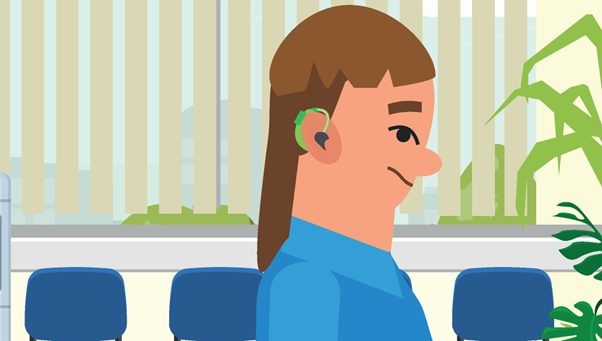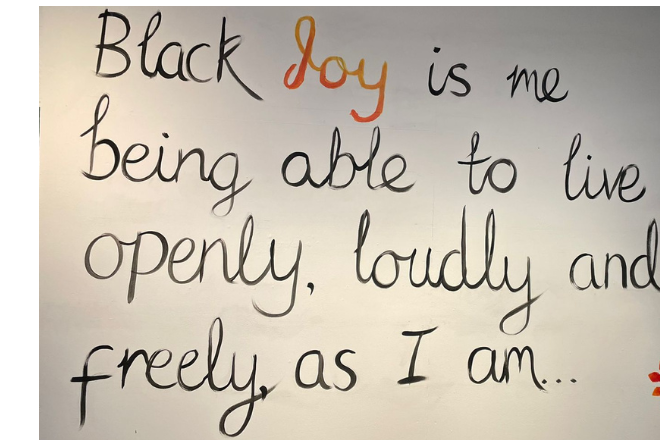Lizzie shares the learning generated through our partnership with National Voices’ Voices for Improvement project.
Voices for Improvement is National Voices’ flagship project to support and embed meaningful collaboration between those with lived experience and decision-makers, in the service of health and care improvement. Originally funded by The Health Foundation’s Q Community, Voices for Improvement includes a programme to support Lived Experience Partners to provide coaching and mentoring to those in senior positions in health and care. Drawing on the principles of co-production, the coaching allows clients to gain deeper understanding of lived experience perspectives and promotes the confidence to try new approaches in their own work.
Voices for Improvement has taken National Voices on a transformative journey, shifting their mindset and approach to learn from and work alongside those they exist to support. This starts at an individual level; listening to, learning from, and valuing the lived experience perspective allows traditional power relationships to be reset and enables the real possibility of change.
Sharing our learning
Back in February, I reflected on my role as Learning Partner for this work, ahead of the launch event (which you can watch in full here). This role involved supporting the development of the project by embedding evaluation and learning activities to provide check and challenge, and to explore the project’s outcomes and enabling conditions. In keeping with the Voices for Improvement ethos, I was joined by two Co-Learning Partners with lived experience for some of this work: Marlon Patrice and Richard Falvey.
Last week we published our final learning report, sharing the factors which have emerged as crucial to support meaningful partnership between lived and learned experience. Of course, a written report can never do justice to a project which is fundamentally about people and relationships. The power of Voices for Improvement, as with co-production more generally, is in what is felt, experienced and shared. But we’ve given it a go, framing our learning as a call to action, encouraging others to take the next step on their own journey. Below are the key factors we think are needed to make this happen.
Steps on the journey

Commit to the work of co-production
Co-production has become a buzzword across health and care, but there has been considerably less attention to what it really takes to make co-production work. This includes, flexibility, living with uncertainty and accepting that routes or destinations may shift and change along the way.
Take a strengths-based approach
The Lived Experience Partners who have participated in the Voices for Improvement training already had, and used, many of the skills required to be effective coaches. The coaching and mentoring model provides the structure to underpin the value the Lived Experience Partners already bring to health and care spaces.
Develop relationships with purpose and accountability
Productive relationships are those which achieve outcomes. They require the dismantling of hierarchies and removal of labels and identities which can get in the way of forming person-to-person connections.
Build a diverse community
Diversity doesn’t just happen – it requires conscious effort and consideration around whose voices are heard and whose are missing, as well as what they might need to be able to participate.
Invest in sustainability
The work which sits behind authentic co-production is substantial, often invisible and rarely properly resourced. Without an ongoing funding stream, the projects like Voices for Improvement will never be able to expand and embed co-production beyond a small minority of people and organisations.
Learn alongside each other
A commitment to ongoing learning and improvement underpins co-production; people need the confidence to ‘try and see’, with the understanding that failure or missteps will ultimately lead to better outcomes.
Read the full report
The Learning Report explores these steps in more detail, alongside the changes which have taken place at National Voices and the experiences of those participating in Voices for Improvement. There’s also a section reflecting on the value of a learning partnership for work like this. You can access both the summary report and the full report via the National Voices website.
If you’d like to find out more or have any questions about this work, please email Lizzie: l.cain@ucl.ac.uk




.png)
.jpg)


.png)
.png)

.png)

.png)